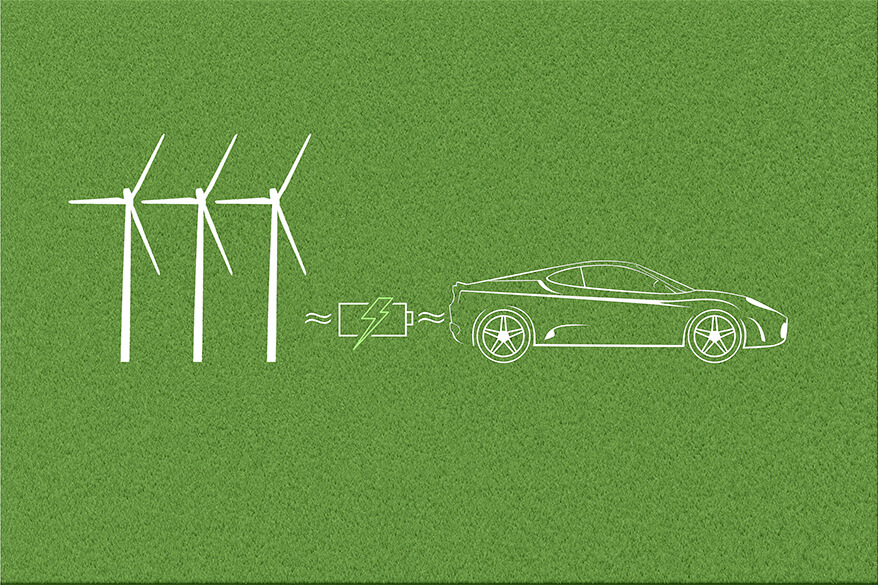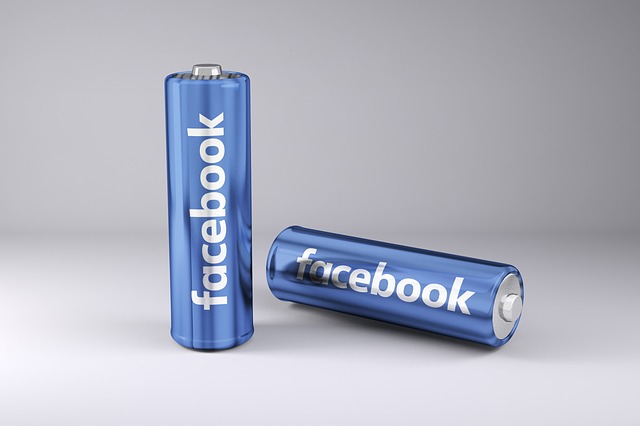Shipping Li-Ion Batteries UPS: Cost and Shipping
Feb 20, 2020 Pageview:4737
Lithium-ion batteries have become commonplace. Available in every kind of device from kids' toys to cars, they are very useful in today's technology.
What most people don’t know is that Li-Ion batteries can be very dangerous. Shipping such batteries from place to place is governed by strict rules from international bodies such as the UN (UN3480, UN 3481 and UN3090) and IATA.
If you’re wondering whether you can send lithium-batteries or devices with batteries via the United Parcel Service of America, this article will give you all the information you need.
1.Can You Ship Li-Ion Batteries via USPS?
You can ship Li-Ion batteries via UPS as governed by IATA Dangerous Goods Regulations. There are non-regulated batteries, such as Lithium dry cells. Some are lightly regulated, and others are under strict regulations.
For ground transport, you can ship Li-Ion batteries under light regulations provided that they are well packaged and labeled. However, transportation to some places such as Hawaii and Alaska need preapproval from UPS because they might involve at least one flight.
As of 2020, UPS only accepts UN3090 and UN3480 batteries for air shipment. The number designations are issued by the UN Committee of Experts on the Transportation of Dangerous Goods.
UN3090 refers to non-rechargeable lithium batteries. These use lithium as an anode to provide a high power charge over a one-time use. Examples include lithium dry cells, coin cells, and other similar types.
UN3480 means all lithium-ion batteries, which cover all rechargeable batteries such as those found in laptops, phones, cameras, and many others. These may not typically contain lithium in its pure form, but do have its ions which move back and forth during charging or use.
Additional regulations dictate packaging, labeling, and documentation of such parcels.
You are required to segregate li-ion batteries from each other and all explosive and flammable materials. You should also label them clearly with a Class 9 diamond hazard. Each pack also needs to have an emergency contact number in case of an accident.
UPS will not accept shipping of damaged, defective, or recalled li-ion batteries per updated regulations if it will involve air transport. Follow this comprehensive guide here to know what you can or cannot ship via UPS.
2.Does it Cost More to Ship Li-Ion Batteries
It generally costs more to ship lithium-ion batteries through the various shipping and postal services. That is because extra care needs to be taken at every stage to maintain safety. If it involves air transportation, it will be even more expensive.
Li-ion batteries are designated as dangerous goods by UN and IATA regulations. You cannot ship them through regular mail, and they should also meet the requirements when being sent via parcel services.
To begin with, you will need special packaging for the batteries depending on the type, capacity, and number. The smallest lithium-ion batteries, such as mobile phones, can cause huge accidents.
Any batteries greater than 100Wh or which consist of cells each greater than 20 Wh will need a UN spec packaging, a class 9 diamond label, and hazmat shipping papers. These are generally the most expensive to transport.
Batteries to be shipped while installing in their devices, such as laptops and mobile phones, generally do not have many restrictions. However, you still need to ensure that the device won’t turn on while in transit.
If there is any risk of overheating, you are required to notify the carrier. All these terms are specified in the Dangerous Goods Contract, especially if the specified weight limits will be exceeded.
These limits for UPS are 5 kg for batteries in devices or 2.5 kg for batteries shipped alone. For USPS, these are 11 pounds and 5 pounds respectively.
3.Can you Send li-ion battery by Courier
Yes, you can send lithium-ion batteries by courier. However, such couriers are also subject to international, federal, and state regulations. UN and IATA standards still apply, even if you will be using ground shipping services.
The reason these regulations have become so widespread is because of heightened cases of explosions and fires. For example, hovercrafts from different manufacturers were said to explode simultaneously, causing house and warehouse fires.
It got so bad that Amazon even suspended the sale of such products. To protect themselves, even privately-owned courier services follow these regulations to the letter.
That being the case, some of the things you need to observe while shipping li-ion batteries or devices with batteries include the following:
If you’re shipping a device with its battery, the number of batteries allowed is that number allowed to run the device. It should be turned off and protected against turning on accidentally. Plus, it should not be at more than 30% state of charge (SoC).
If you’re shipping a separate battery, it should ideally be in the original manufacturer’s casing. If not, make sure that it is sealed in a separate ziplock back and adequately cushioned from accidental damage.
You should not ship damaged, defective, or recalled batteries with a poor safety record.
Couriers also have different rules regarding the types and amount of lithium-ion batteries they can ship either by ground, rail, or air. Typically, you cannot send more than 2 batteries or 4 lithium cells in the same parcel.
For large capacity batteries over 100Wh or with cells containing more than 20Wh each, you will still need to follow UN regulations through proper hazmat packaging and packaging.
Conclusion
While you can ship lithium and lithium-ion batteries, the burden of responsibility lies on you as far as safety is concerned. That is why you have to sign a Dangerous Goods Contract, to show that you have followed every regulation in the packaging and shipping of such goods.
Lithium-ion batteries can be lethal, especially when in bulk storage or the cargo hold of an airplane. The fires they cause are notorious for being almost impossible to put out. The extra care and handling required to ship them means that you also have to pay more.
At the end of the day, all you need to do is follow rules. The people running postal and parcel services such as UPS and USPS are usually more than happy to guide you through it. Contact them to make the shipping of li-ion batteries as painless as possible.
- Prev Article: Voltage Regulator for Lipo Batteries
- Next Article: Shipping Lithium-Ion Batteries Internationally - Standards and Methods
Leave Message
Hottest Categories
-
Hottest Industry News
-
Latest Industry News
















